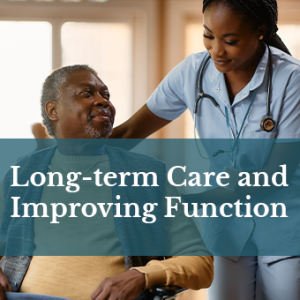
Reintegrating Elderly Offenders on Medical Parole: A Family Caregiver’s Perspective on Challenges and Dynamics in End-of-Life Care in EThekwini Metropolitan Municipality
Presenter(s):
Sethenjwa Nduli, University of KwaZulu-Natal, South Africa
Abstract
The legislation surrounding the medical release of offenders in South Africa is a highly debated topic, especially regarding the reintegration and end-of-life care of elderly parolees. Despite an increasing amount of discussion, there remains a significant lack of understanding regarding the lived experiences of these individuals and the difficulties encountered by their caregivers. This research utilized a phenomenological framework to qualitatively investigate the experiences related to end-of-life care among elderly offenders who are reintegrating into society after being granted medical parole, as perceived by family caregivers and correctional social workers. The study involved a sample of fifteen (n=15) caregivers and six (n=6) correctional social workers who provide social work programs for elderly parolees, selected through purposive sampling. The sample was divided into two groups, and data were gathered using distinct semi-structured interview guides. The research employed Ecosystems theory to analyze the factors influencing the reintegration of elderly offenders released on medical parole during their end-of-life care phase, from the viewpoint of family caregivers. The findings reveal that numerous adverse factors, such as physical confinement, feelings of loneliness, state-induced isolation, and the availability of social support for parolees during their end-of-life care, along with the social and physical conditions of elderly parolees at this stage, significantly impact the reintegration process. The study concludes with recommendations aimed at the Department of Correctional Services, program developers, coordinators, planners, social workers, and managers of community correctional centers, emphasizing the need to ensure that ill elderly parolees receive adequate end-of-life care services following their release from correctional facilities.
Bio(s):
Sethenjwa Nduli is an experienced academic with a rich background in both undergraduate and postgraduate teaching. As the chairperson for the LGBTIQA+ sector under the eThekwini District AIDS Council, Sethenjwa plays a pivotal role in advocating for inclusivity and support for marginalized communities. In addition to their leadership in the sector, they supervise a number of research students at the Honours and Master’s levels, fostering the next generation of social work professionals. Currently pursuing a PhD in Social Work at the same institution, Sethenjwa’s academic journey reflects a deep commitment to both personal and professional growth. With a Master’s in Social Work, an Honours Bachelor’s degree in Social Work, and a Counselling Certificate in HIV & AIDS, Sethenjwa’s expertise spans across a wide range of social issues. Their passion for social justice drives their research and practice, focusing on gender-based violence, the reintegration of elderly offenders post-incarceration, and advocating for the rights and well-being of vulnerable populations.
